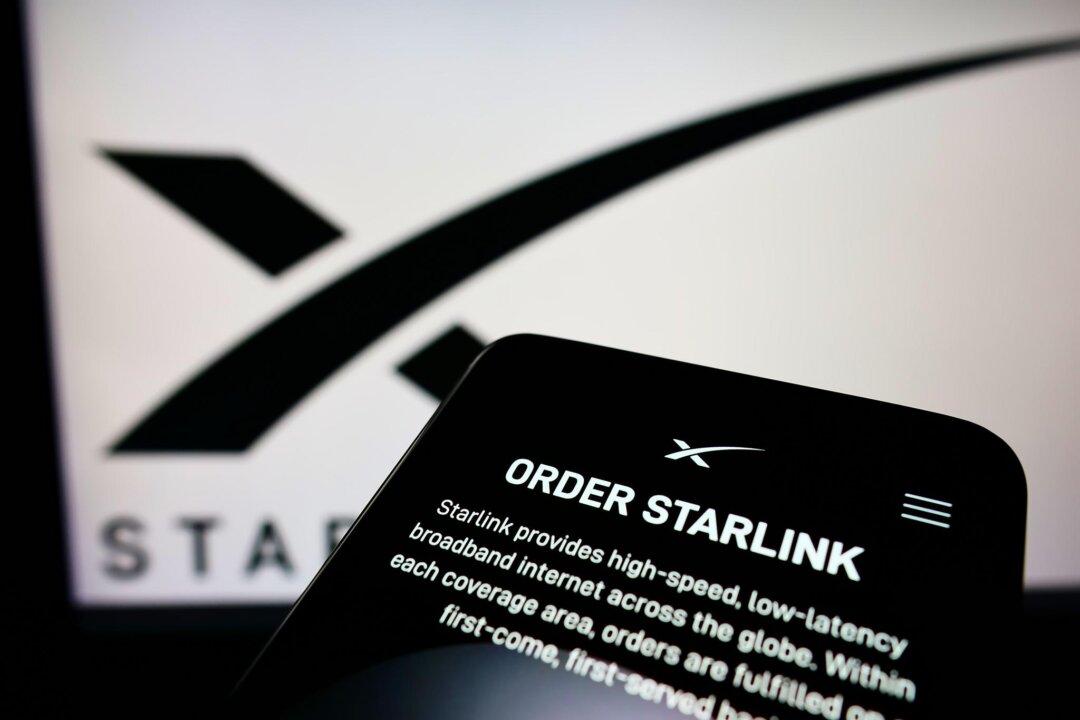Satellite broadband provider Starlink, owned by Elon Musk, is receiving a mixed reception in the Pacific, though most countries seem willing to permit its operation.
It promises to deliver high-speed internet to the remotest regions by using thousands of satellites orbiting close to the planet.





